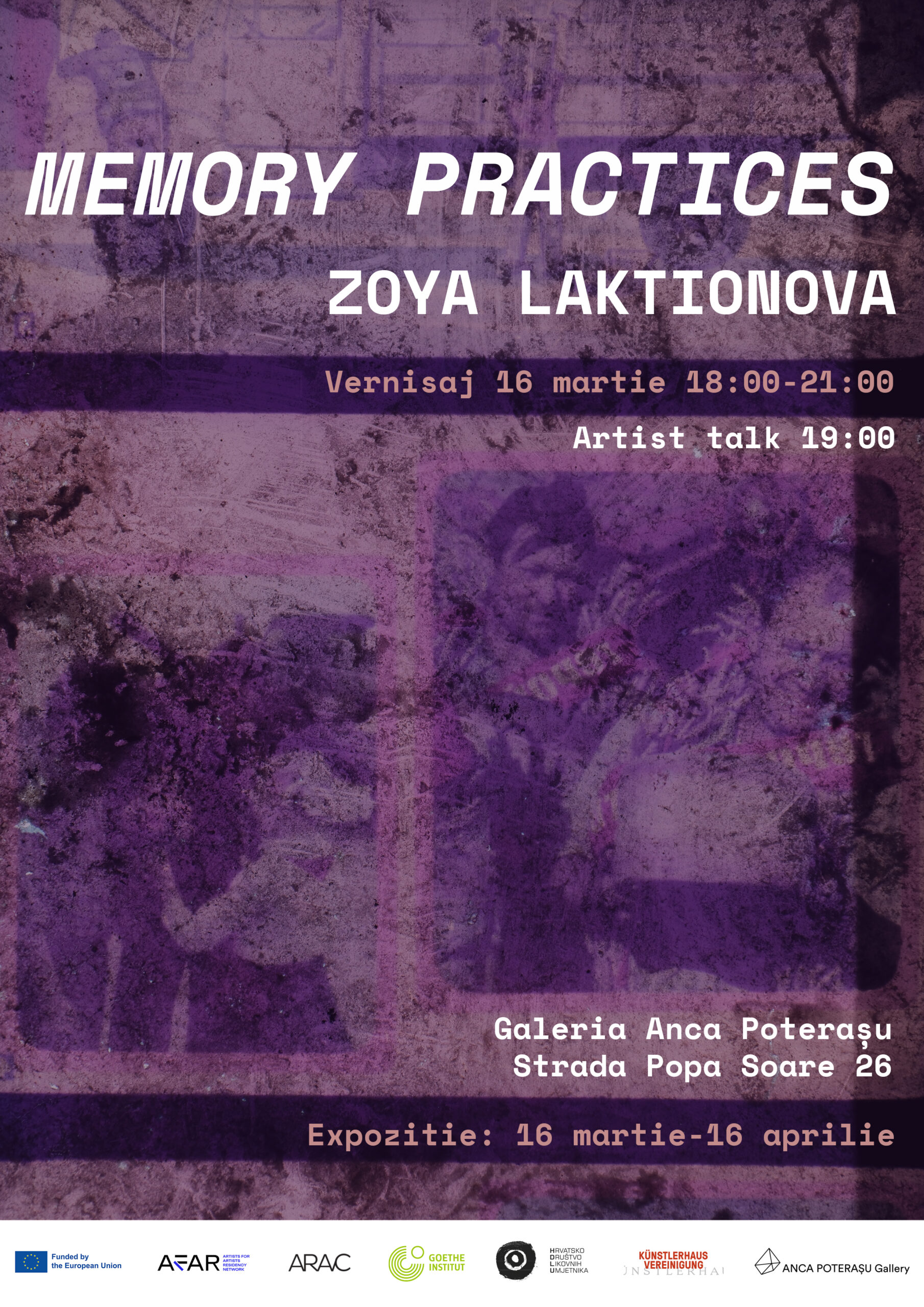
Zoya Laktionova
Zoya was born in Mariupol, in a working class family in 1984. Zoya first appeared in the world of documentary cinema as a character in the film “Ma”(10’) in 2017, and a year later made her first short documentary “Diorama” about the mined sea at the Mariupol area. The film won an award in the MyStreetFilms category at the “86” festival (Ukraine) in 2018, has participated in numerous European film festivals (DOKLeipzig, Ji.Hlava, Cottbus etc), and was released in cinemas in Ukraine in 2019.
În 2021, Zoya a prezentat în premieră noul său scurtmetraj Territory of Empty Windows (10’) la DocudaysUA International Human Rights DFF, iar acesta a fost difuzat în cinematografe la Molodist IFF din Kiev. Filmul a primit un premiu special la festivalul Ji.Hlava, la Obirok 2021, și premiul principal la competiția de documentar a festivalului franco-ucrainean MIST 2021. Premiera internațională a avut loc la MakeDox IFF, Macedonia de Nord.
Înainte de începerea războiului la scară largă al Rusiei împotriva Ucrainei (2022), Zoya locuia în Kiev și lucra ca artistă independentă și realizatoare de filme documentare. Lucrează cu teme legate de război, memorie și povești personale.
website: https://www.zoyalaktionova.com/bio
16.03-16.04.2024
ARAC, Anca Poterașu Gallery
Strada Popa Soare 26
Zoya Laktionova is an artist working with photography and video art around the concepts of memory, war and personal stories. During her Artists for Artists Residency (AFAR) in Bucharest she continued her exploration of local history, which transforms the ephemeral into the eternal, capturing fleeting moments that resonate deeply with viewers.
The artist’s practice is influenced by her experiences of constant migration through various artist residencies, a journey catalyzed by the war in Ukraine. In her photographs and documentaries, she adeptly navigates the complexity of history and identity, drawing attention to the nuanced intersections of personal and collective narratives. Her exploration of memory and displacement serves as an poignant reflection of the contemporary human condition. The artist emphasizes the key elements of transformation, highlighting how history is imprinted on the walls of public buildings and monuments in the major cities of Central and Eastern Europe, as an everlasting imprint of the ever-evolving past.
The exhibition Memory Practices unveils a captivating series of photographs from Zoya’s ongoing projects, providing spectators with a window into her profound exploration of public history and propaganda. The latest photographs captured in Bucharest and Constanta during the residency act as a gateway to the complex layers of remembrance and forgetfulness that shape our shared consciousness.
The visuals alternate between moments of personal and collective history and empty spaces captured either on the gallery walls or in the artist’s photographs and documentaries, which reference the erasing and rewriting of history. In this way, history is manipulated while inviting viewers to question their own position on significant events. Zoya reenacts her family archives in a local setting, illustrated by the Unheritage series, which features photographs recovered before the outbreak of war. The artist uses damage as symbols representing memory and forgetting, making them central themes in her negatives.Among her ongoing explorations, the artist’s documentary, Ashes Settling in Layers on the Surface, is a reconstruction of Mariupol on screen between two destructions – World War II and the Russian-Ukrainian war. The exhibition features shots from this documentary, which were found and used during the development of a feature documentary about Mariupol.
In its exploration of manipulation, the exhibition Memory Practices delves into the delicate nature of memory and its vulnerability to distortion.







Artists for Artists Residency Network (AFAR) is an EU cofunded project, also supported by the Administration of the National Cultural Fund. The residency program aims to improve the mobility of contemporary visual artists and curators in Romania, Germany, Croatia, and Austria. The project is led by the Romanian Association for Contemporary Art (ARAC), in partnership with Goethe Institute Network, the Croatian Association of Fine Artists, and Künstlerhaus Vienna.
The AFAR Network project is co-funded by the European Union. “The views and opinions expressed, however, are solely those of the author(s) and do not necessarily reflect the views of the European Union. Neither the European Union nor the granting authority can be held responsible for them.”
More information on the website: www.afarnetwork.com
Parteneri: Goethe Institute Network, Croatian Association of Fine Artists, Künstlerhaus
Vienna, Austrian Cultural Forum

